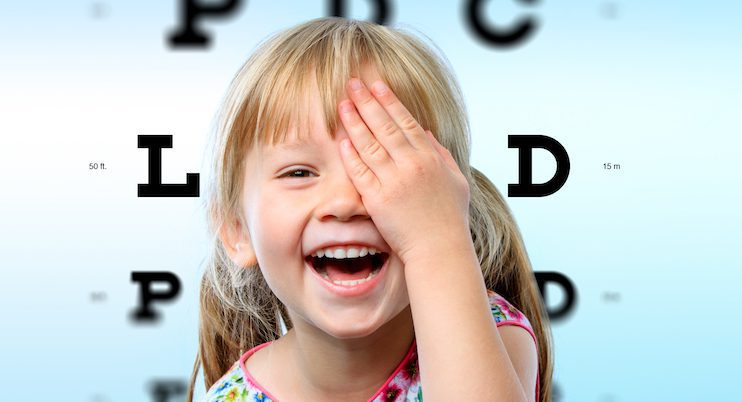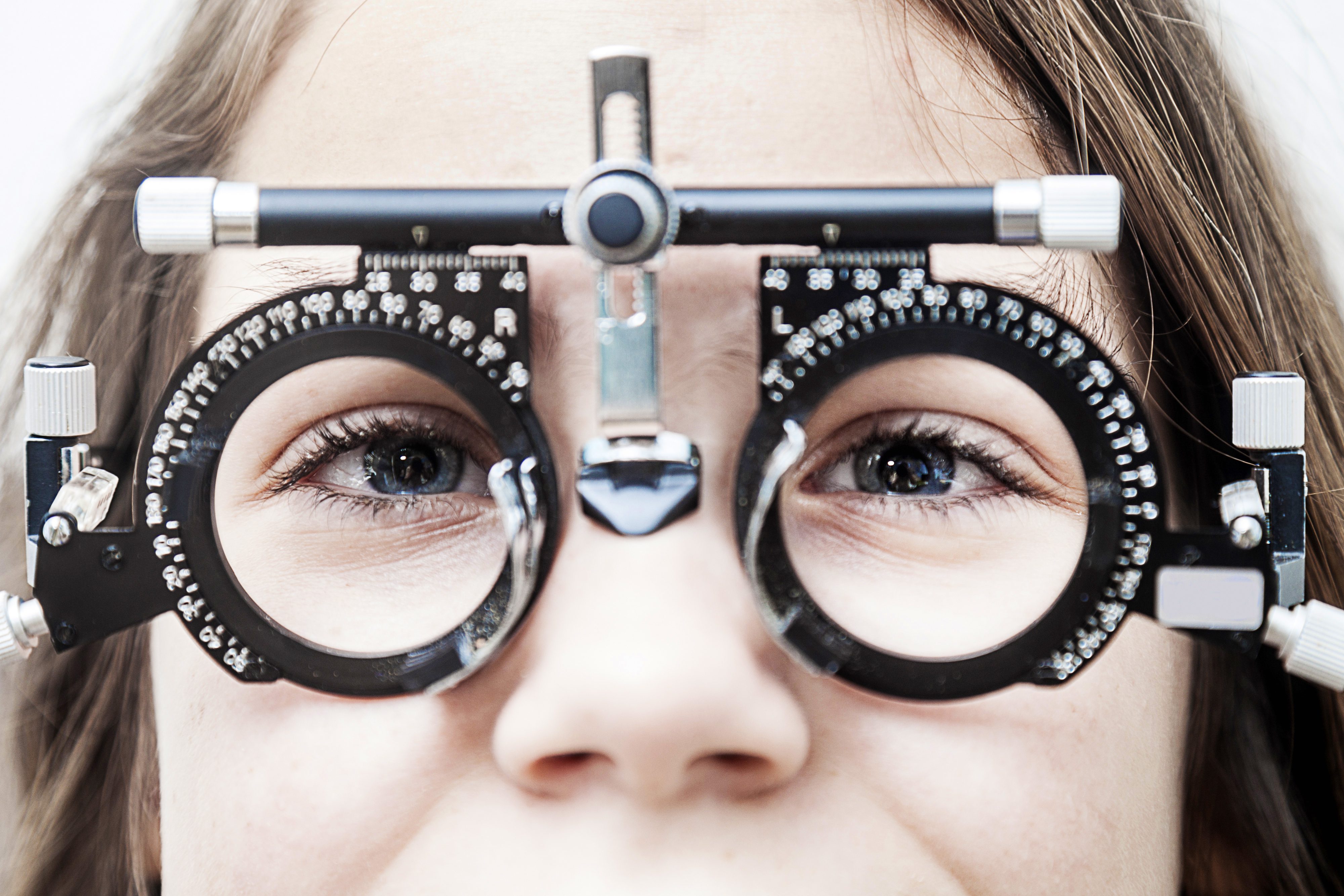
Eyewear
Sunglasses in Winter, Really?
We generally discuss sunglasses during the summer time, under the heat on the beach. Nevertheless, they are equally useful, even essential, during the winter...
Eye health

The right aliments for children’s eye
Eye health
Optometrists confirm that many nutrients play an important role in the visual health of children. According to the Association of Optometrists of Quebec, omega-3 fats, vitamin A, E and C, minerals such as zinc and lutein, pigments good for the retina such as zeaxanthin and other antioxidants such as beta-carotene, are essential nutrients for the health of children’s eyes. By eating these nutrients, it helps maintain a child’s healthy vision and avoid, at most, any macular degeneration or any possible vision disorder.
Here is a description of each of the nutrients mentioned above to better understand :
These nutrients are present in many foods. Children have a wide range of options to choose from.
To have healthy eyes and therefore a good vision, optometrists recommend that the child varies and balances his diet. Fruits and vegetables must be favoured because they are rich in vitamins, pigments and other antioxidants. Fish is also to consider because of its high level of omega-3.
Vitamin A can be found in carrots, spinach, peppers, tomatoes, eggs and chicken. Kiwi, orange, clementine, mango, pineapple, strawberry, apple, cauliflower and many more are rich in vitamin C. Vitamin E is contained in almonds, hazelnuts, avocados, sardines, bran cereals and sunflower oil. We can find zinc in seafood such as crab, lobster, lobster and oysters, in meat such as chicken, turkey and beef, in beans, dairy products, wheat and much more. Beta-carotene is a nutrient found in carrots, sweet potato, pumpkin, spinach, peppers, basil, dried apricot, romaine lettuce and others. Fish is the main food where omega-3 fat can be found. In fact, salmon, sardines, mackerel, herring, halibut and trout, among others, are also composed of it. All these nutrients prevent or at least delay active myopia and help fight against the onset of macular degeneration or vision problems. But beware ! Some foods are to be avoided so that the child has every chance to have a good vision.
According to studies, foods that are rich in omega-6 such as sunflowers, some cereals, some meats, as well as industrial products are unhealthy for the eyes when they are consumed in large quantities. In addition, saturated fatty acids are not good for the micro-blood vessels that irrigate the eye tissues. These are bad fats that can be found in charcuterie and fried foods. They are to be avoided in order to preserve the children’s eyes in good health.
Choosing the right diet for your children is essential to keep their healthy eyes over the years. However, a healthy diet alone unfortunately does not solve all diseases related to visual impairment. In addition, children should avoid exposing their eyes tobacco smoke as much as possible, since it accelerates ocular aging. Finally, an early eye exam for children is important to detect visual disturbances. The optometrist will be able to provide the necessary care and advice if the wear of glasses or contact lenses is necessary.

Eyewear
We generally discuss sunglasses during the summer time, under the heat on the beach. Nevertheless, they are equally useful, even essential, during the winter...

FAQ
Many eye health professionals are available for recurrent eye exams, as optometrists and opticians. It is not always easy to determine the role of each one. It sometimes creates confusion when it is time to contact the right professional...

Eye health
Children experience massive, early use of and exposure to all types of screens such as smart phones, computers, tablets, consoles and television...